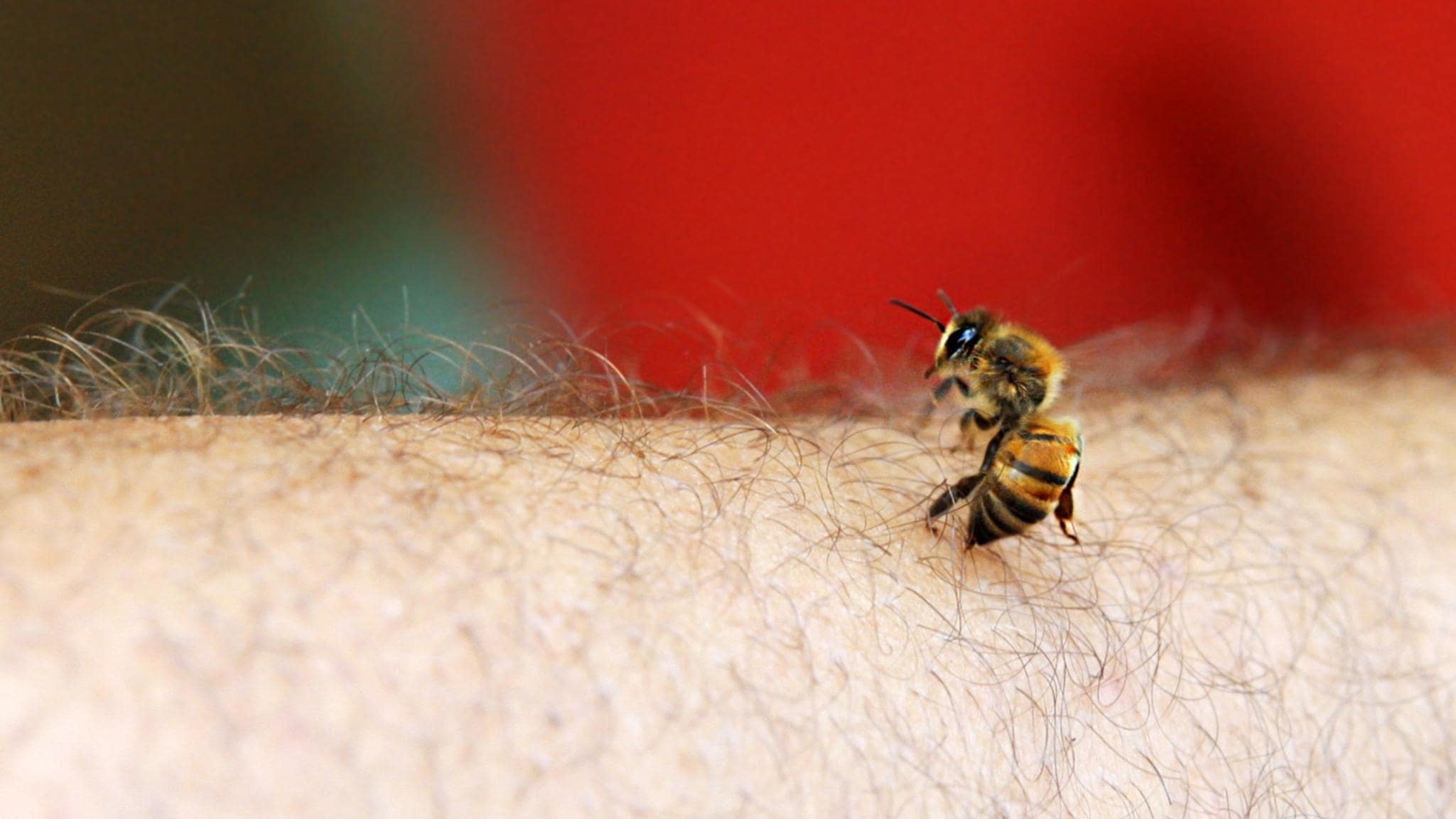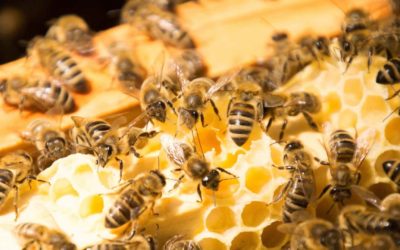
Are you interested in using bee venom for your health? If so, you’re not alone. Bee venom therapy is becoming increasingly popular, and there are a number of reasons why it might be worth considering. In this blog post, we’ll take a closer look at what bee venom therapy is and some of the potential benefits it may offer. We’ll also discuss how to use the venom safely and effectively. So if you’re curious about this natural remedy, keep reading!
What is bee venom?
Bee venom is a natural substance that is secreted by bees. It is used to kill or paralyze prey, and can also be used in self-defense. It consists of a number of different chemicals, including dopamine, norepinephrine, and histamine. These chemicals work together to cause pain, swelling, and inflammation.
Bee venom is also known to have antimicrobial properties and has been shown to kill bacteria and viral infections. Additionally, it is being studied for its potential use in treating a variety of health conditions, including arthritis, multiple sclerosis, and cancer. While bee venom is potentially dangerous to humans, it can also be used to our benefit.
The benefits of bee venom
1. Anti-inflammatory Properties
One of the primary benefits of bee venom is that it has anti-inflammatory properties. Inflammation is a natural process that helps to protect the body from infection and injury. However, chronic inflammation can lead to a variety of health problems, including heart disease, arthritis, and cancer. Bee venom contains a compound called melittin, which has been shown to reduce inflammation.
2. Pain Relief
Bee venom also has pain-relieving properties. The same compound that gives bee venom its anti-inflammatory properties, melittin, also helps to block pain signals from the nerves to the brain. This can help to relieve pain associated with conditions like arthritis and fibromyalgia.
3. May Boost Immunity
Another potential benefit of bee venom is that it may help to boost immunity. Bee venom contains a variety of compounds that can help to fight infection and disease. Additionally, bee venom has been shown to stimulate the production of white blood cells, which are important for fighting infection.
Ways to use bee venom
Skin Care and Supplements
In recent years, bee venom has become a popular ingredient in skincare and supplements. Proponents of bee venom claim that it can help to reduce inflammation, improve circulation, and boost collagen production.
Bee venom is also said to have anti-aging properties, and some people use it as a natural alternative to Botox. While bee venom may offer some benefits, it is important to be aware of the risks involved.
Bee stings can be painful and even dangerous for people who are allergic to bee stings. In addition, bee venom can also interact with certain medications, so it is important to consult with a doctor before using bee venom products.
Apitherapy and Health Treatment
Bee venom is a powerful natural remedy that has been used for centuries to treat a variety of ailments. Also known as apitherapy, the use of bee venom for medicinal purposes has been well documented in traditional Chinese medicine as well as in the medical traditions of many other cultures.
Bee venom contains a wide range of compounds that are beneficial for health, including enzymes, peptides, and amino acids. These substances can help to reduce inflammation, promote healing, and boost immunity. Additionally, bee venom is thought to have anti-cancer properties. While bee venom therapy is not yet mainstream, an increasing number of people are turning to this natural treatment option in order to improve their health and well-being.
The risk associated with using bee venom
1. Allergic Reactions
One of the risks associated with using bee venom is an allergic reaction to it. While most people will only experience a minor reaction, such as swelling or redness at the site of the sting, some people may have a more severe reaction, known as anaphylaxis. Anaphylaxis is a potentially life-threatening reaction that can cause difficulty breathing, dizziness, and unconsciousness. If you are allergic to bee venom, it is important to seek medical help immediately if you are stung.
2. Infection
Another risk associated with bee stings is infection. Bee stings can introduce bacteria into the skin, which can lead to infection. Symptoms of infection include redness, swelling, and pain at the site of the sting. If you notice any of these symptoms, it is important to see a doctor as soon as possible.
3. Toxicity
In some rare cases, bee venom can be toxic to humans. Symptoms of toxicity include nausea, vomiting, diarrhea, and dizziness. If you experience any of these symptoms after being stung by a bee, seek medical help immediately.
4. Death
Although it is rare, it is possible for people to die from bee stings. People who are allergic to bee venom or who are stung in the throat or airway are at the greatest risk for death from a bee sting. If you are stung by a bee and have any difficulty breathing or swallowing, it is important to seek medical help at once.
Conclusion:
Would you try out bee venom therapy? Some people swear by it, while others find the risk of infection and other side effects to be too high. It is also not widely used for treatment and you might need some time to accept it. It’s up to you to decide if this is something you want to add to your health routine. If you do decide to give it a go, make sure that you purchase products or therapy from a reputable source and consult with your doctor first.




